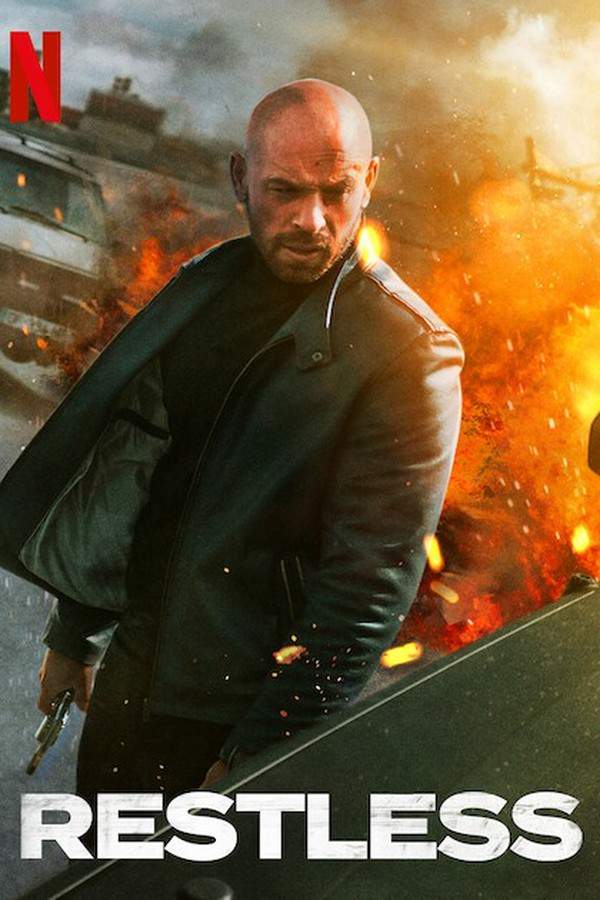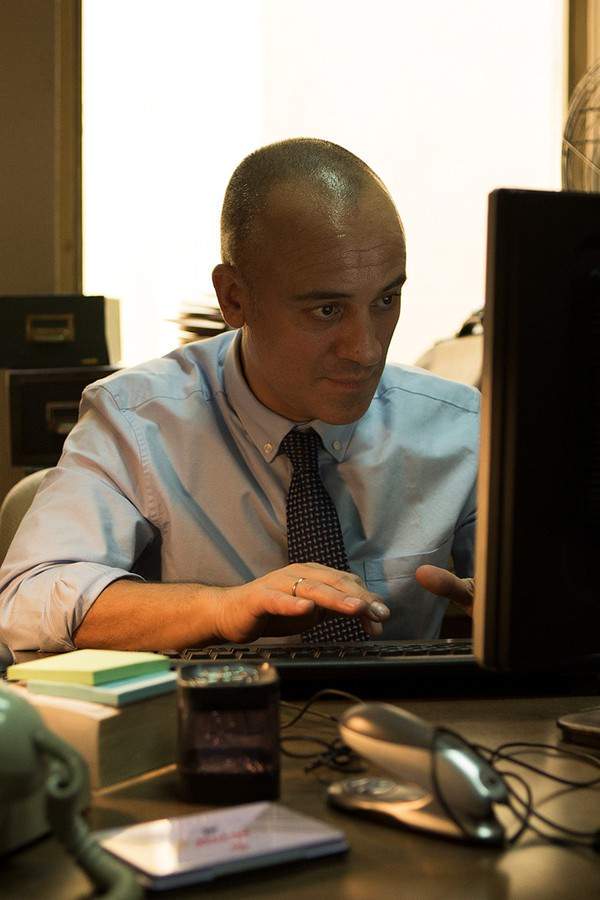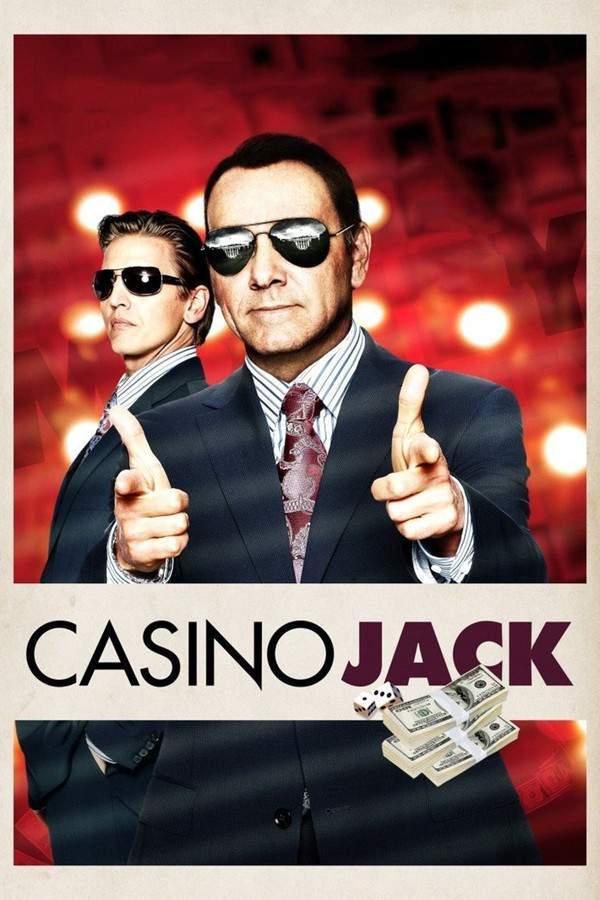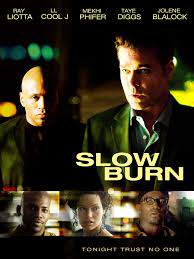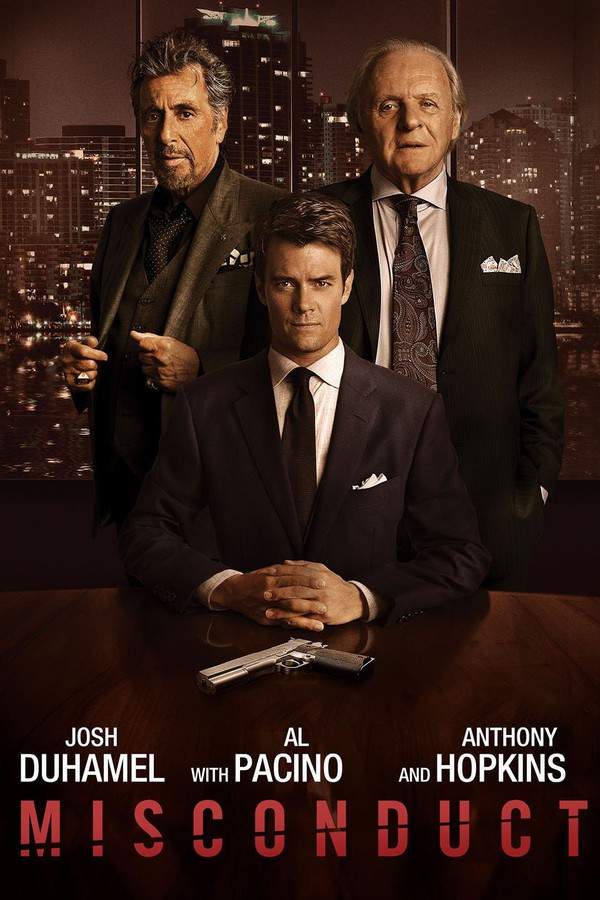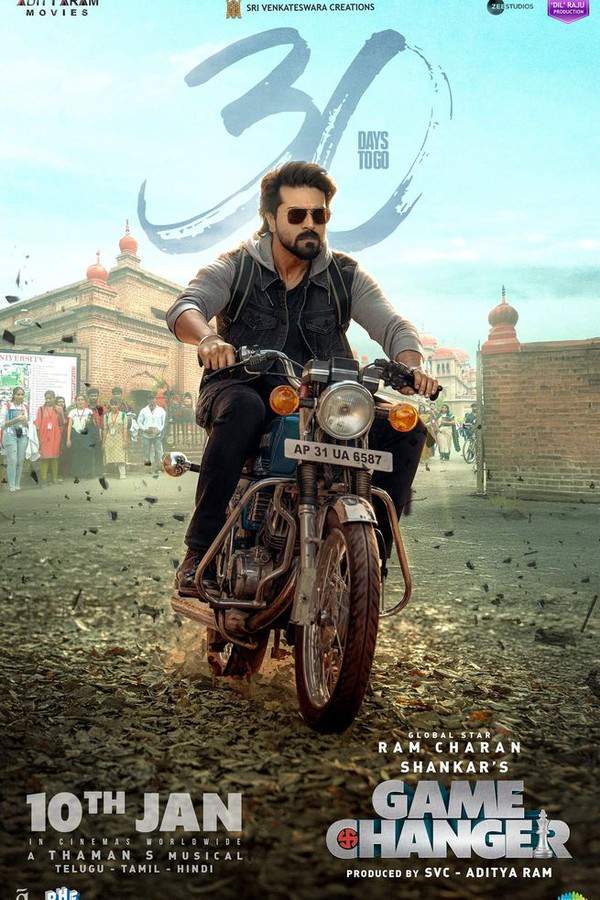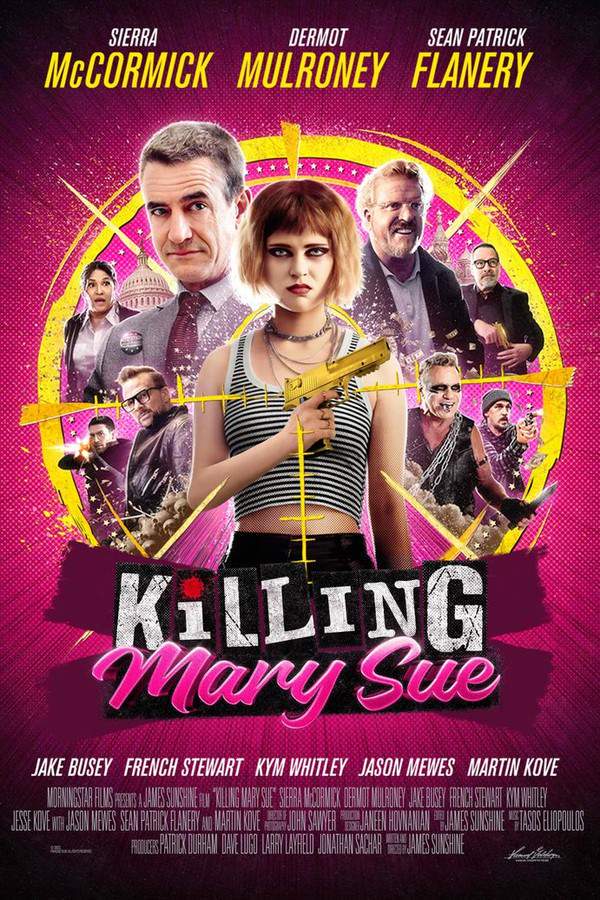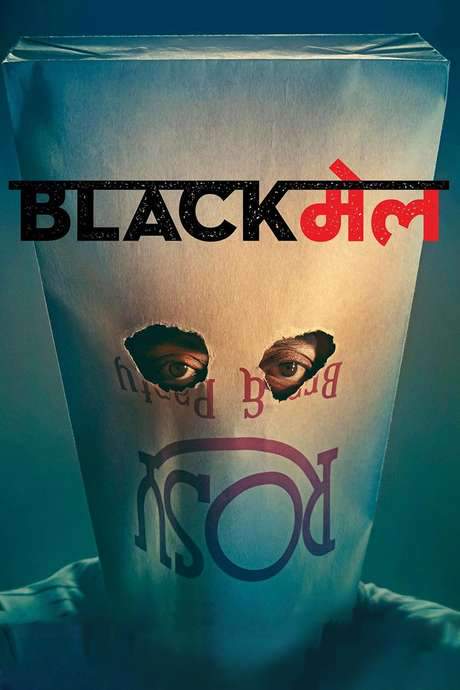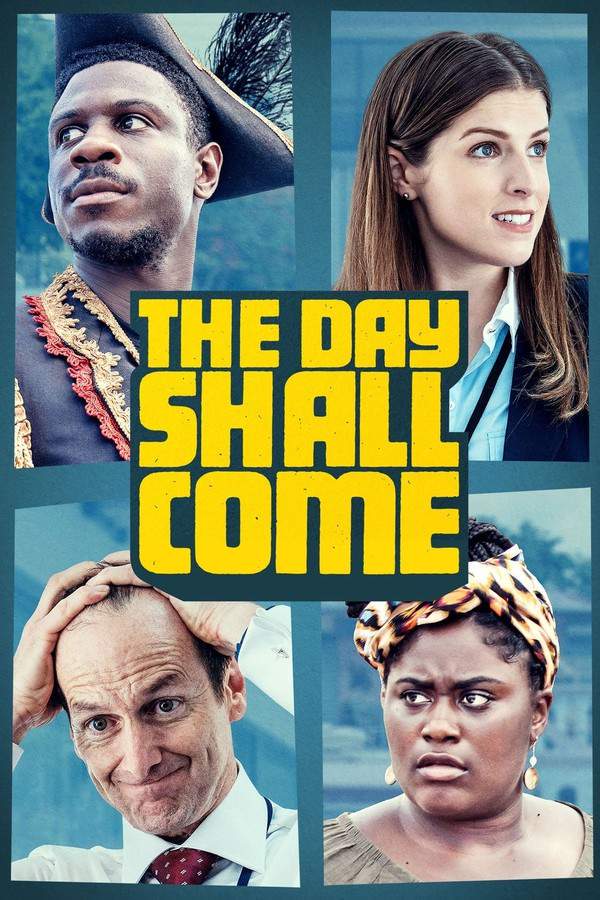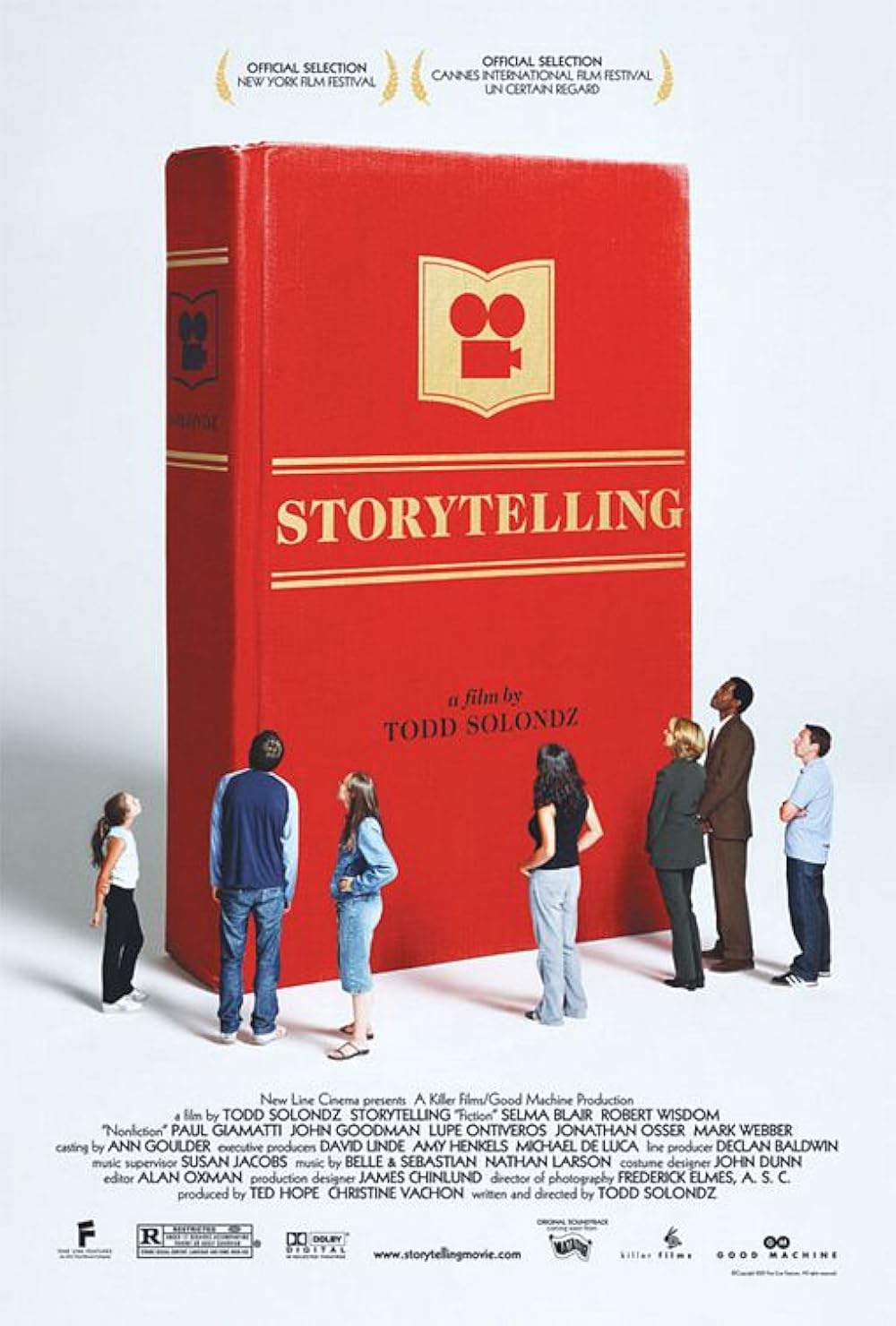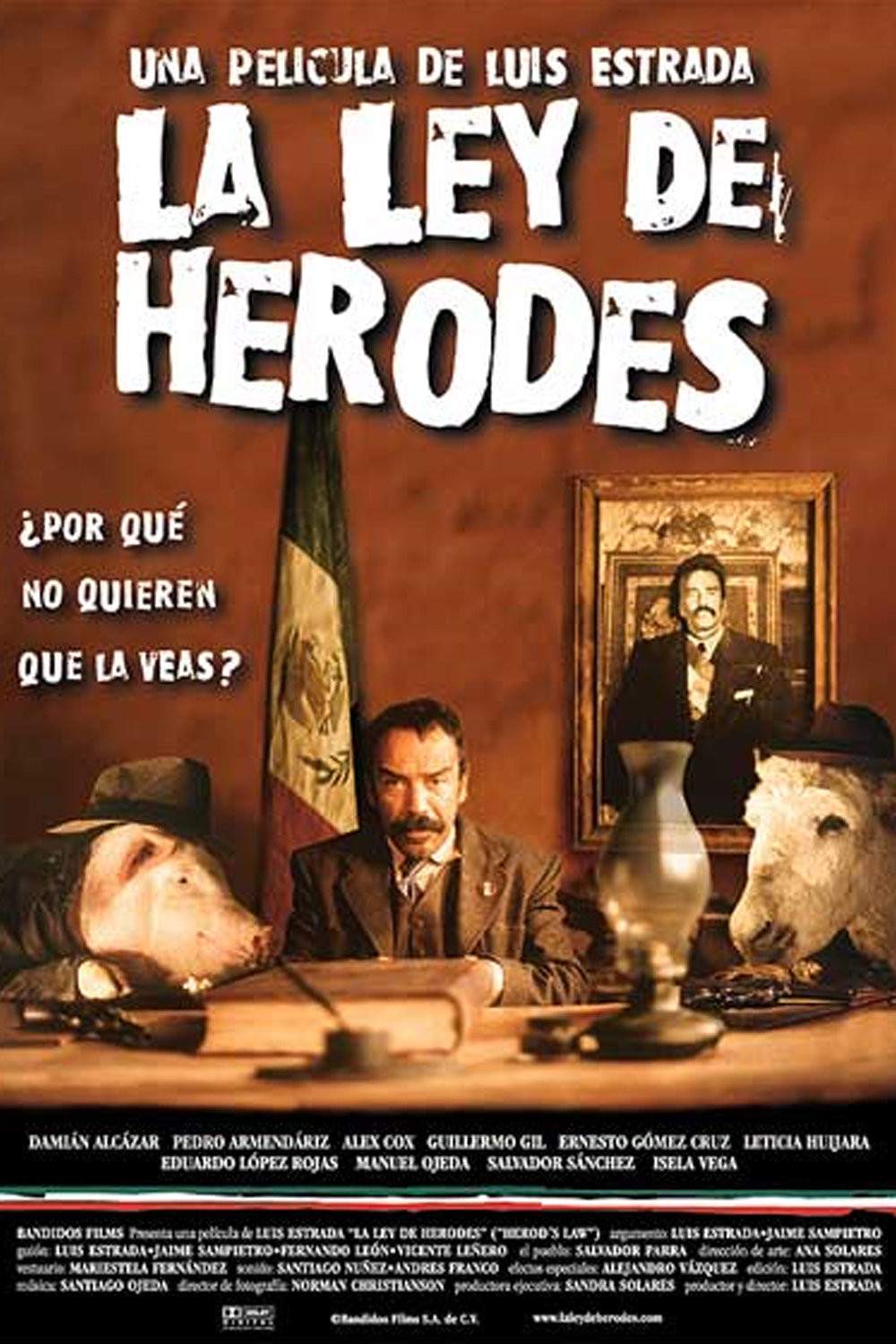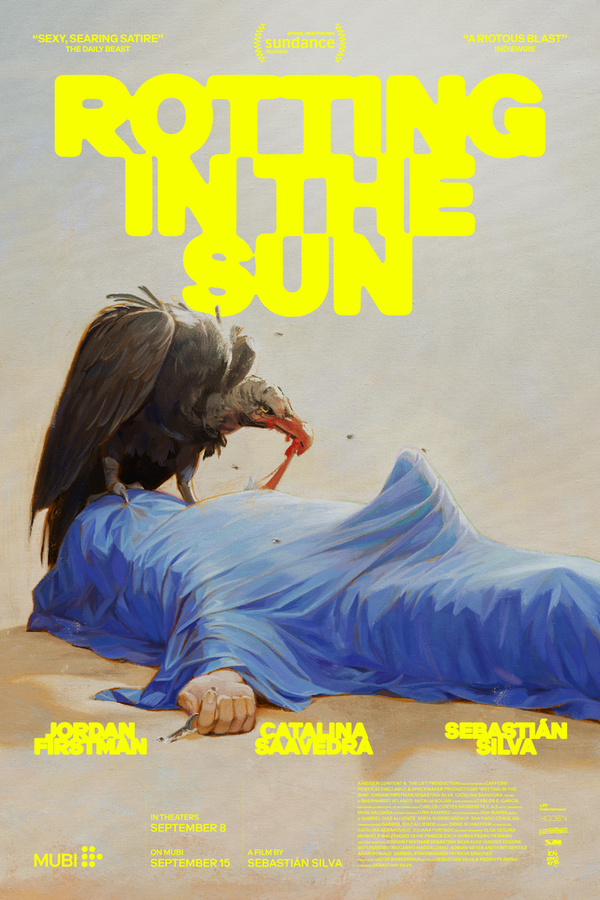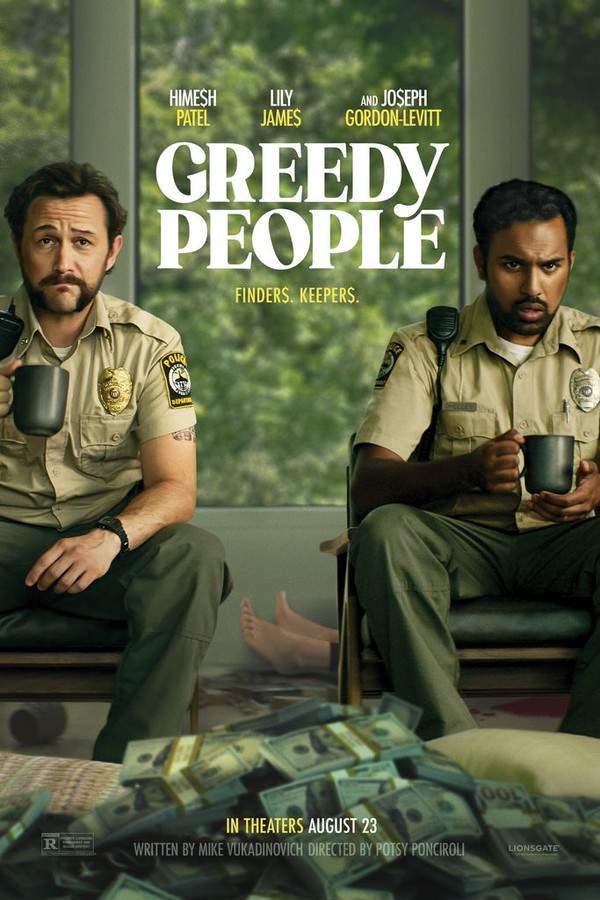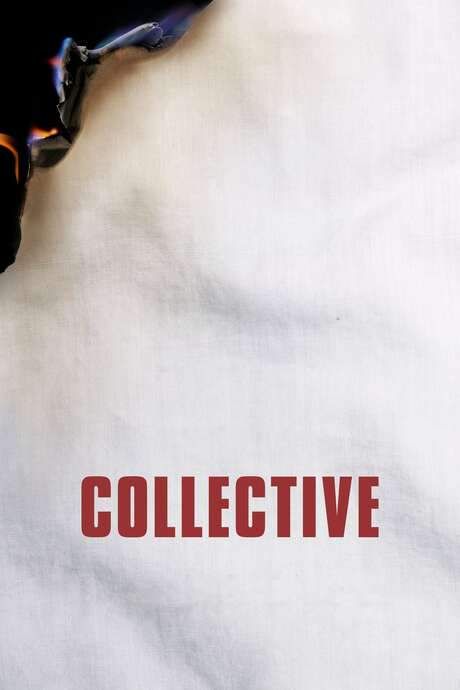
The Perfect Dictatorship
Year: 2014
Runtime: 143 mins
Language: Spanish
Director: Luis Estrada
When a powerful Mexican television corporation reveals a scandal involving Governor Carmelo Vargas, his political future hangs in the balance. Facing serious accusations, Vargas secretly agrees to a lucrative deal with the network to rehabilitate his image. Two key figures, ambitious news producer Carlos Rojo and star reporter Ricardo Diaz, are tasked with orchestrating a smear campaign to transform the governor into a presidential candidate, raising questions about the integrity of democracy and the influence of media power.
Warning: spoilers below!
Haven’t seen The Perfect Dictatorship yet? This summary contains major spoilers. Bookmark the page, watch the movie, and come back for the full breakdown. If you're ready, scroll on and relive the story!
Timeline & Setting – The Perfect Dictatorship (2014)
Explore the full timeline and setting of The Perfect Dictatorship (2014). Follow every major event in chronological order and see how the environment shapes the story, characters, and dramatic tension.
Last Updated: October 03, 2025 at 09:45
Main Characters – The Perfect Dictatorship (2014)
Meet the key characters of The Perfect Dictatorship (2014), with detailed profiles, motivations, and roles in the plot. Understand their emotional journeys and what they reveal about the film’s deeper themes.
Last Updated: October 03, 2025 at 09:45
Major Themes – The Perfect Dictatorship (2014)
Explore the central themes of The Perfect Dictatorship (2014), from psychological, social, and emotional dimensions to philosophical messages. Understand what the film is really saying beneath the surface.
Last Updated: October 03, 2025 at 09:45
Explore Movie Threads
Discover curated groups of movies connected by mood, themes, and story style. Browse collections built around emotion, atmosphere, and narrative focus to easily find films that match what you feel like watching right now.
Political thrillers about media manipulation like The Perfect Dictatorship
Stories where the creation of public perception becomes the ultimate political weapon.If you were fascinated by the cynical portrayal of media power in The Perfect Dictatorship, this list features movies with a similar focus. Discover other tense, complex stories where journalism, propaganda, and public opinion are the central instruments of political warfare and power consolidation.
Narrative Summary
These narratives typically follow ambitious figures in media and politics who enter a symbiotic, corrupt relationship. The plot revolves around a calculated campaign to distort the truth, often involving smear tactics, fabricated scandals, and psychological manipulation, leading to a cynical examination of how democracies can be subverted from within.
Why These Movies?
Movies in this thread are grouped by their shared dark tone, high tension, and complex plotting around a central theme: the dangerous collusion between media conglomerates and political ambition. They create an anxious, urgent mood focused on the mechanics of power rather than traditional action.
Bleak satires about systemic corruption like The Perfect Dictatorship
Cynical comedies where the corrupt system always wins, leaving hope defeated.Fans of the grim, hopeless ending of The Perfect Dictatorship will find similar movies here. These are dramas and comedies that share a bleak outlook, using satire to expose how political and corporate systems reward corruption, resulting in stories with heavy emotional weight and a profound sense of moral tragedy.
Narrative Summary
The narrative pattern involves a protagonist or a situation that exposes the deep rot within a powerful institution. However, unlike stories of triumph, the system effectively neutralizes the threat, assimilates the corrupt, and emerges stronger. The journey is one of exposing futility, leading to a ending that feels like a defeat for justice.
Why These Movies?
These films are united by their blending of dark satire with a bleak ending feel and heavy emotional weight. They share a specific emotional mix: the intellectual stimulation of satire combined with the depressing realization that the corruption they mock is ultimately victorious.
Unlock the Full Story of The Perfect Dictatorship
Don't stop at just watching — explore The Perfect Dictatorship in full detail. From the complete plot summary and scene-by-scene timeline to character breakdowns, thematic analysis, and a deep dive into the ending — every page helps you truly understand what The Perfect Dictatorship is all about. Plus, discover what's next after the movie.
The Perfect Dictatorship Summary
Read a complete plot summary of The Perfect Dictatorship, including all key story points, character arcs, and turning points. This in-depth recap is ideal for understanding the narrative structure or reviewing what happened in the movie.

The Perfect Dictatorship Timeline
Track the full timeline of The Perfect Dictatorship with every major event arranged chronologically. Perfect for decoding non-linear storytelling, flashbacks, or parallel narratives with a clear scene-by-scene breakdown.

The Perfect Dictatorship Spoiler-Free Summary
Get a quick, spoiler-free overview of The Perfect Dictatorship that covers the main plot points and key details without revealing any major twists or spoilers. Perfect for those who want to know what to expect before diving in.

More About The Perfect Dictatorship
Visit What's After the Movie to explore more about The Perfect Dictatorship: box office results, cast and crew info, production details, post-credit scenes, and external links — all in one place for movie fans and researchers.


